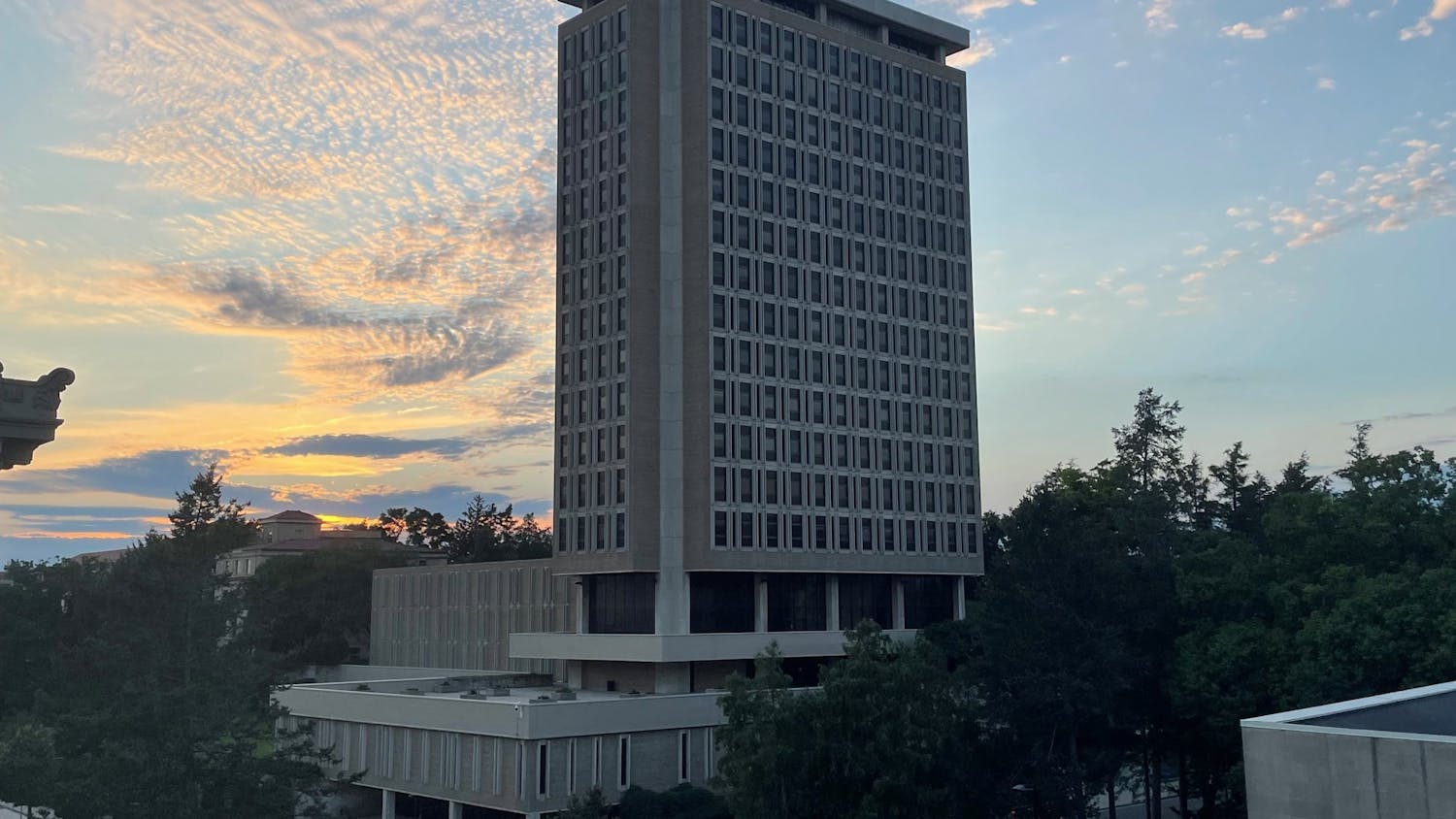SCIENCE
Cockroaches and cabbies with driving skills rivaling those in “Fast and Furious” are two of the things that come to Kevin King’s mind as he recalled one of the greatest experiences of his life —his last summer educating elementary school and university students on cancer prevention in India.
King, a senior with majors in Neurobiology and Life Sciences Communication, traveled to India last summer as part of the Khorana program offered through the College of Agriculture and Life Sciences (CALS) at UW–Madison.
The Khorana Program for Scientific Exchange, founded by CALS professors Aseem Ansari and Kenneth Shapiro in 2007, promotes scientific cooperation between America and India, bringing Indian undergraduates to work in UW-Madison labs and sending Badgers abroad to work with renowned Indian scientists. Students with scientific backgrounds from agriculture to engineering apply to the program each year.
King, along with his mentor Dr. Neeta Sinnappah-Kang, worked on promoting cancer education and awareness to students in Ludhiana, Punjab, India. Using age-specific presentations King and Sinnappah-Kang taught students how to live a healthier life and procedures for self-examinations. To evaluate the success of the curriculum, the researchers administered pre- and post-tests.
“Eleven percent knew how to do a self examination [before the presentation]. At the end, we had 99 percent leaving knowing how to do it,” King said. “These kids became the agents of change. If you want to make a difference, you need to start young. That’s information that can be extended everywhere.”
Whether it is for a semester or only a couple weeks in the summer, spending time abroad can be one of the most enriching and rewarding experiences for undergraduates. Students bring their own culture and perceptions with them into foreign countries. Returning home, they bring newer perspectives, understandings and appreciation of the world.
Our growing global economy requires graduates to have an international dimension as part of their education. It is now necessary for many professionals to not only be equipped with practical knowledge in their field, but also with knowledge of foreign societies and how to interact cross-culturally.
Majoring in a science often entails a lock-step curriculum that has to be delivered in a particular, structured sequence. Studying abroad often means forfeiting a semester, as students are unable to obtain credit for science classes taken abroad.
However, there is a solution for UW-Madison science majors looking to leave the country without forsaking their four-year plan. The CALS International Programs Office offers both field-study programs and international internships that are mostly offered during the winter and summer breaks.
Field study programs combine coursework taken in the fall or spring semester with a small group trip abroad to research a topic more closely in an international context. Some of the field studies offered currently include studying industrial dairy processes in Mexico and performing biochemistry laboratory research at Cambridge University in England.
International internships can range in length and are often tailored to the student’s interests and career ambitions. Some current internships include the Khorana program, an ecology program in Iceland and genetics research at Savia Biotech in Spain.
“You get to see a different country’s way of approaching research questions. You get to engage with people of a different background, both academically and culturally,” Khorana Program Administrator Karen Lovely said. “It gives you something different; it helps build your own self.”
The applications for summer international programs are typically available in November and are due around January and February. Most applications will require a transcript, a resume and a letter of reference. Some will require prior laboratory experience or intermediate to advanced coursework. Eligibility is kept broad, however.
There are also many scholarships available to help fund these trips. Approximately 60 students were able to go abroad through these programs last year.
“The times I was the happiest were the times I was teaching in the schools. Because of that, I am joining the Peace Corps in Africa to promote community education,” King said. “Freshman, start early and find a research opportunity—because they are out there.”






